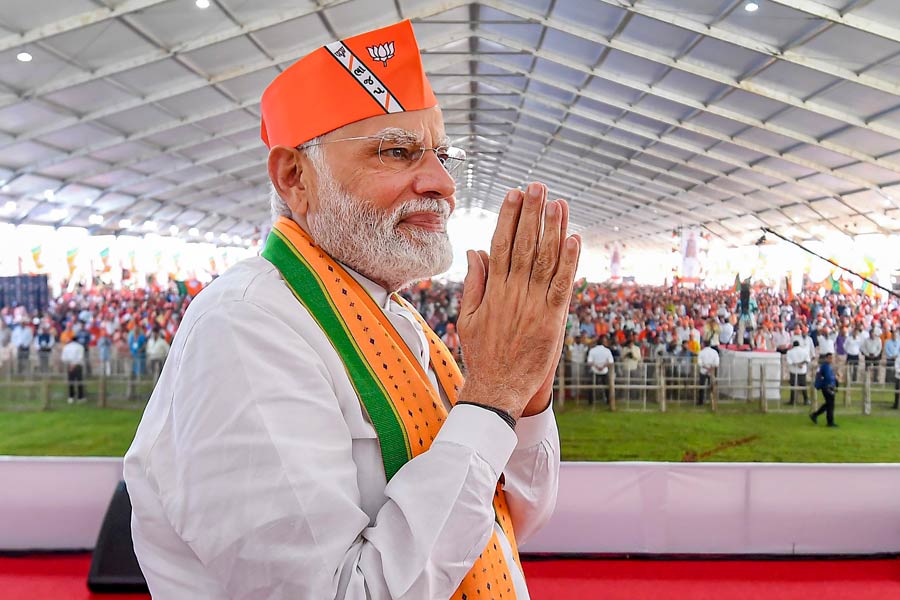India’s parliamentary election is usually described with colourful phrases. One such, often cited by the media, is the ‘dance of democracy’. As India heads towards its next general election, there is a general assumption — June 4, the day of the results, would prove its veracity — that the Narendra Modi government is likely to be returned to power. But it appears that the pirouetting Bharatiya Janata Party could falter in its steps a bit in at least two places: Jammu and Kashmir and Manipur. The unilateral abrogation of Article 370, which guaranteed J&K certain kinds of autonomy, by the Narendra Modi government and the stripping of its statehood by the latter were undoubtedly blows to the morale of the people there. Since 2019, Kashmir has also borne the brunt of a brutal crackdown on civil and political rights that included the jailing of Opposition leaders, journalists and dissenters through the weaponisation of anti-terror laws, alleged human rights violations, and internet shut downs, among other transgressions. Yet Mr Modi has been steadfast in his conviction about Kashmir’s transformation, development and peace, as he pointed out during his first visit to the sullen region since August 2019 earlier this month. The prime minister’s recent remarks on Manipur, a state that he has refused to visit despite its continuous sufferings because of an ethnic conflagration, were equally audacious. Mr Modi, unlike most of Manipur and India, spotted a marked improvement in the situation on the ground on account of the efforts of the BJP governments at the Centre and in the state; incidentally, the claim was contested by a member of his own party from that troubled state. The deep ethnic fault lines that remain unbridged, sporadic violence, mass displacement and deaths, and the destruction of property make it difficult to accept Mr Modi’s statement.
Whether the grievances of the people in Kashmir and Manipur would find expression in the ballot is a matter of conjecture. The real issue lies elsewhere. Are free and fair elections the only reliable parameter to gauge the health of democracies? How important is the weakening of the democratic ethos by an elected government? Can an unresponsive, authoritarian regime use democracy as a fig leaf? These are questions that the ‘mother of democracy’ cannot evade any longer. They are as, if not more, important as the outcome of the dance of democracy.










